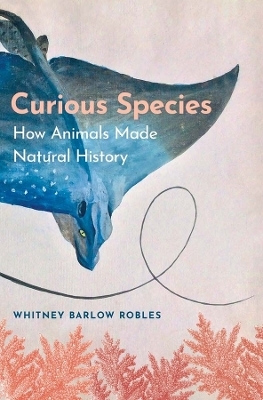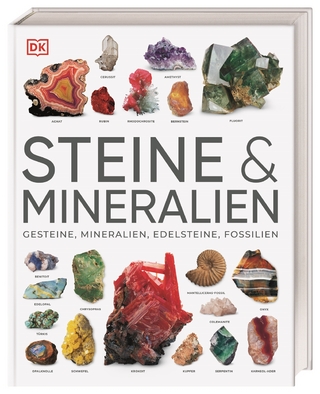
Curious Species
How Animals Made Natural History
Seiten
2024
Yale University Press (Verlag)
978-0-300-26618-4 (ISBN)
Yale University Press (Verlag)
978-0-300-26618-4 (ISBN)
A compelling and innovative exploration of how animals shaped the birth of natural history and its ecological afterlives
A compelling and innovative exploration of how animals shaped the field of natural history and its ecological afterlives
Can corals build worlds? Do rattlesnakes enchant? What is a raccoon, and what might it know? Animals and the questions they raised thwarted human efforts to master nature during the so-called Enlightenment—a historical moment when rigid classification pervaded the study of natural history, people traded in people, and imperial avarice wrapped its tentacles around the globe. Whitney Barlow Robles makes animals the unruly protagonists of eighteenth-century science through journeys to four spaces and ecological zones: the ocean, the underground, the curiosity cabinet, and the field. Her forays reveal a forgotten lineage of empirical inquiry, one that forced researchers to embrace uncertainty. This tumultuous era in the history of human-animal encounters still haunts modern biologists and ecologists as they struggle to fathom animals today.
In an eclectic fusion of history and nature writing, Robles alternates between careful historical investigations and probing personal narratives. These excavations of the past and present of distinct nonhuman creatures reveal the animal foundations of human knowledge and show why tackling our current environmental crisis first requires looking back in time.
A compelling and innovative exploration of how animals shaped the field of natural history and its ecological afterlives
Can corals build worlds? Do rattlesnakes enchant? What is a raccoon, and what might it know? Animals and the questions they raised thwarted human efforts to master nature during the so-called Enlightenment—a historical moment when rigid classification pervaded the study of natural history, people traded in people, and imperial avarice wrapped its tentacles around the globe. Whitney Barlow Robles makes animals the unruly protagonists of eighteenth-century science through journeys to four spaces and ecological zones: the ocean, the underground, the curiosity cabinet, and the field. Her forays reveal a forgotten lineage of empirical inquiry, one that forced researchers to embrace uncertainty. This tumultuous era in the history of human-animal encounters still haunts modern biologists and ecologists as they struggle to fathom animals today.
In an eclectic fusion of history and nature writing, Robles alternates between careful historical investigations and probing personal narratives. These excavations of the past and present of distinct nonhuman creatures reveal the animal foundations of human knowledge and show why tackling our current environmental crisis first requires looking back in time.
Whitney Barlow Robles is an award-winning writer, historian, and curator based in Raleigh, North Carolina. She received her Ph.D. in American studies from Harvard University. Her work has appeared in venues such as William and Mary Quarterly, New England Quarterly, and Commonplace.
| Erscheinungsdatum | 11.01.2024 |
|---|---|
| Zusatzinfo | 14 color + 65 b-w illus. |
| Sprache | englisch |
| Maße | 156 x 235 mm |
| Themenwelt | Sachbuch/Ratgeber ► Natur / Technik ► Natur / Ökologie |
| Naturwissenschaften ► Biologie ► Ökologie / Naturschutz | |
| Naturwissenschaften ► Biologie ► Zoologie | |
| ISBN-10 | 0-300-26618-9 / 0300266189 |
| ISBN-13 | 978-0-300-26618-4 / 9780300266184 |
| Zustand | Neuware |
| Haben Sie eine Frage zum Produkt? |
Mehr entdecken
aus dem Bereich
aus dem Bereich
über 500 faszinierende Gesteine, Minerale, Edelsteine und Fossilien
Buch | Hardcover (2023)
DK Verlag Dorling Kindersley
26,95 €
Familien und Gattungen einheimischer Pflanzen
Buch | Hardcover (2022)
Haupt Verlag
64,00 €
Klimaschutz zerstört die Wirtschaft! ... und andere Stammtischparolen …
Buch | Softcover (2024)
Komplett-Media (Verlag)
24,00 €


